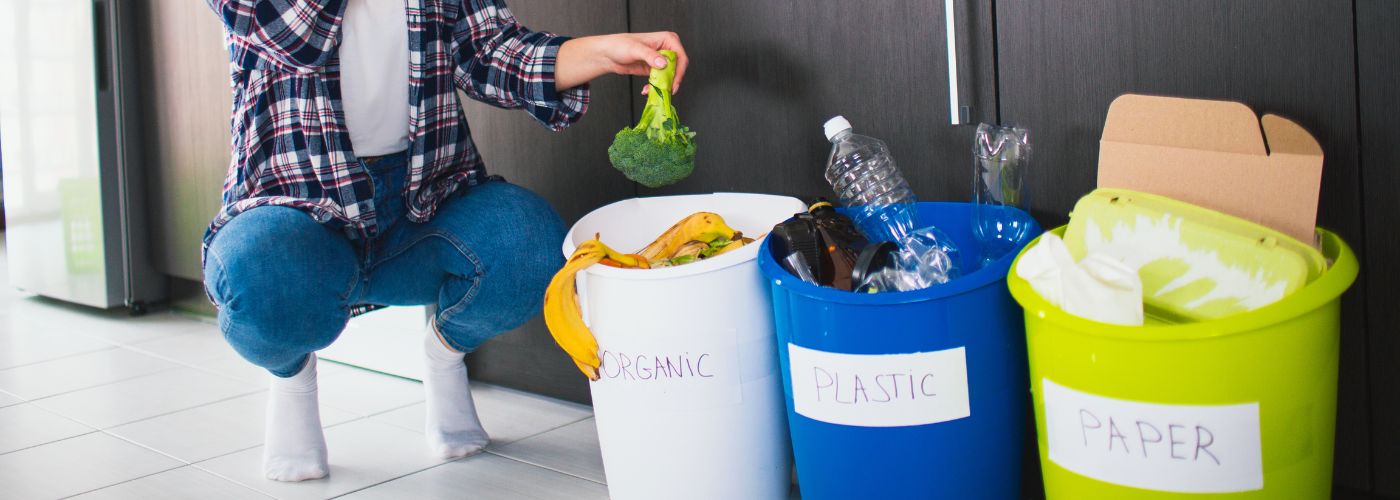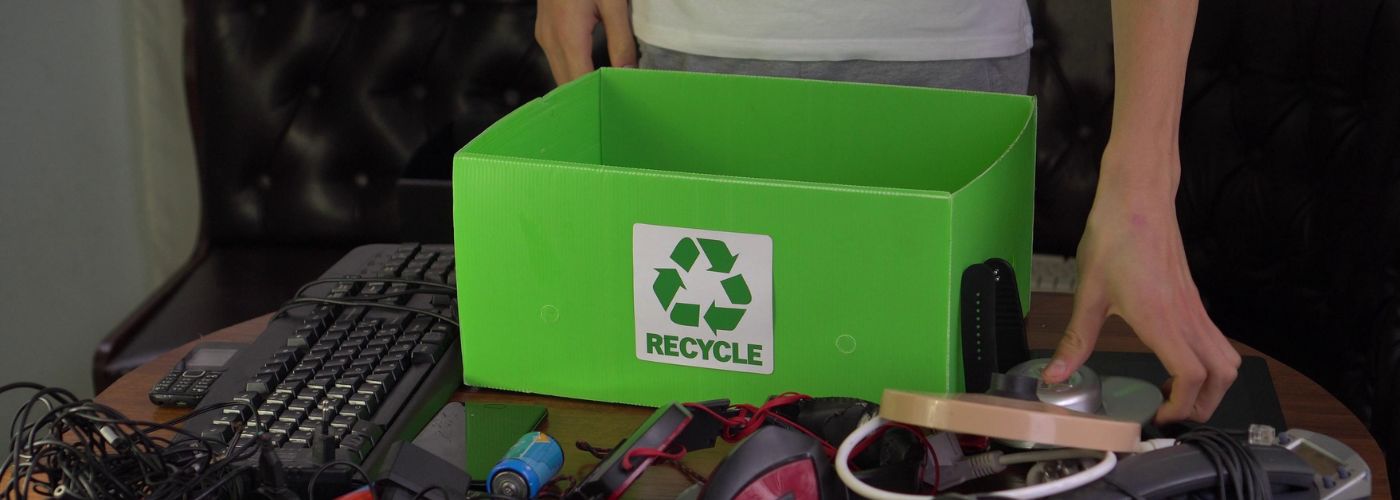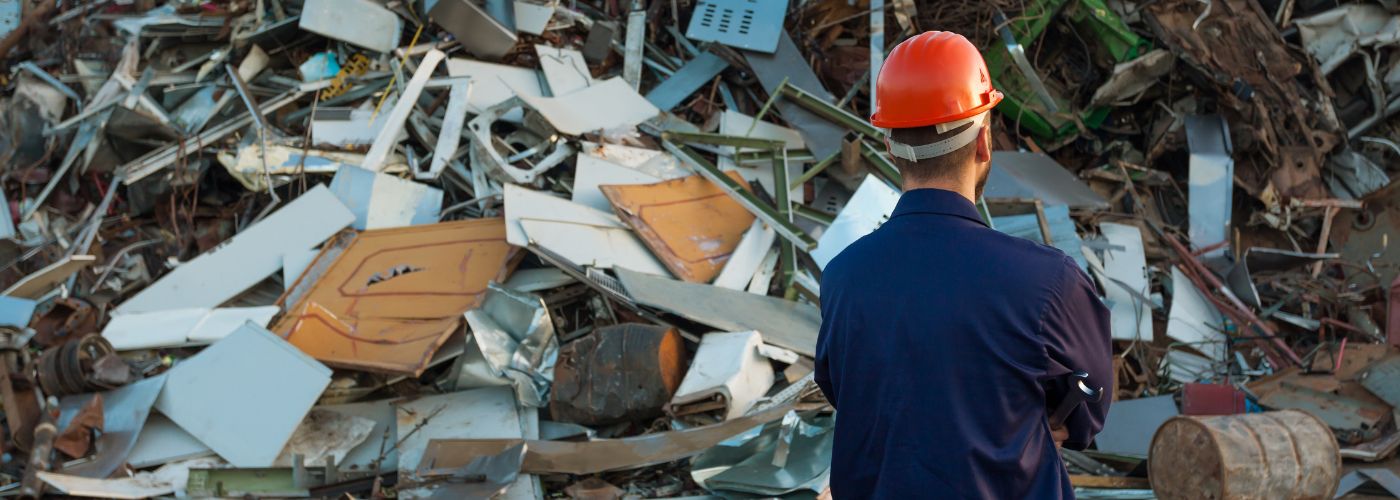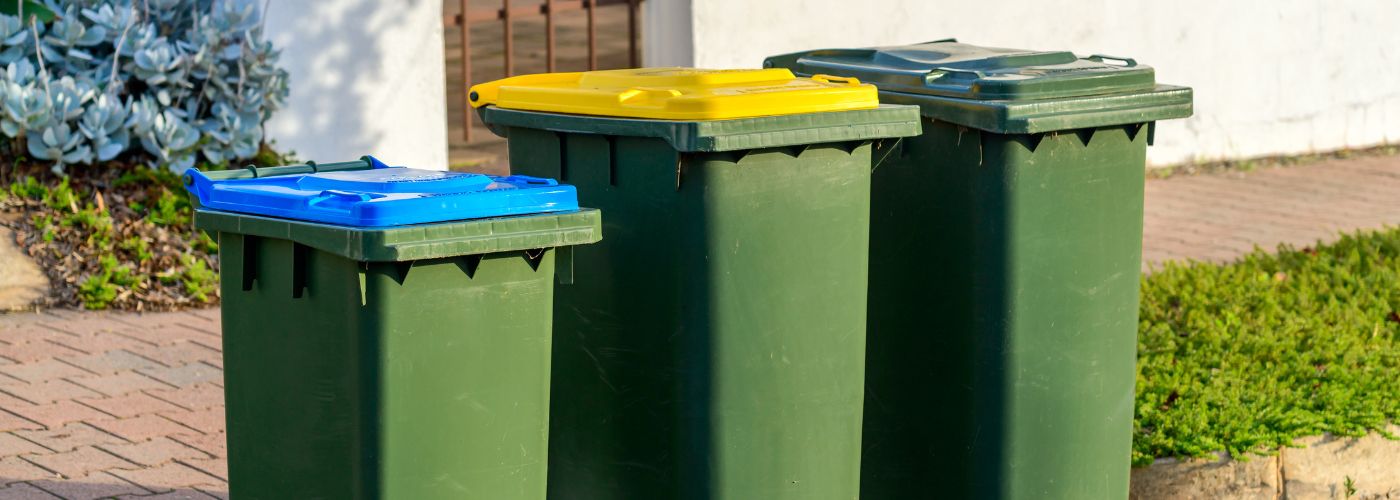Each year Americans contribute large amounts of waste. While being absolutely wasteless is impossible, there are ways to manage your waste. We’ll be breaking down everything you need to know about waste disposal, management, and waste recycling to cut down your carbon footprint.
What Is Solid Waste Management?

Solid waste management is collecting, transporting, processing, and recycling solid waste. It includes both organic and inorganic waste. Solid waste management is a key part of environmental protection.
Solid waste management is a complex process that involves many different stakeholders. Material & Waste Disposal Services are responsible for collecting and transporting solid waste to processing facilities. Private companies operate these facilities. And finally, consumers play a role in recycling and composting their solid waste.
There are many benefits to solid waste management. It reduces the amount of pollution in the environment, saves energy, and reduces greenhouse gas emissions. Additionally, it helps to conserve resources and reduce the amount of landfill space needed for disposal.
Where To Dispose Of Electronic Waste

Disposing of electronic waste is fairly easy. There are several options for disposing of electronic waste. One option is to recycle it. This can be done through specialty recycling companies that are certified to handle electronic waste. Some companies may even offer to buy your old electronic waste. Electronics hold copper and other precious metals that hold value.
Another option is to donate it. There are many organizations that accept donations of used electronics. These organizations will either refurbish the electronics or recycle them properly.
Finally, some electronic waste can be disposed of in regular trash. However, this should only be done if the item is truly unusable and there is no other way to dispose of it. Electronic waste that is disposed of in the trash can end up in landfills, where it can leave harmful chemicals in the ground and water.
How To Stop Waste Disposal From Smelling
If you’re like most people, the last thing you want is your waste to smell. Unfortunately, if not managed properly, waste disposal can smell quite bad. The good news is that there are a few simple things you can do to keep your waste from smelling.
First, be sure to dispose of food waste properly. If allowed to sit in the unit, food waste will start to rot and produce an unpleasant odor. Second, regularly clean your disposal unit with baking soda and vinegar. This will help remove any build-up of food particles that could be causing the bad odor. Finally, avoid putting things like coffee grounds or grease down the drain, as these can also contribute to a smelly disposal unit. Also, avoid these materials inside a storage unit and sink garbage disposal.
By following these simple tips, you can help keep your waste disposal smelling fresh and clean.
How Do I Dispose Of Yard Waste

If you’re like most people, you have some yard waste that you need to dispose of occasionally. Here are a few tips on how to do it in the most effective way possible.
The first step is to determine what type of yard waste you have. This will help you determine the best way to dispose of it. If you have leaves, for example, you can usually just compost them or put them in your green bin.
If you have branches or other larger pieces of yard waste, you must take them to your local Material & Waste Disposal Services center. They will be able to recycle them or dispose of them properly.
Finally, if you have any hazardous materials in your yard waste, such as chemicals, soil, or oil, be sure to call your local hazardous waste disposal center so they can safely remove them. Some Moving Companies even offer Waste & Material Disposal services to remove large amounts of waste safely.


